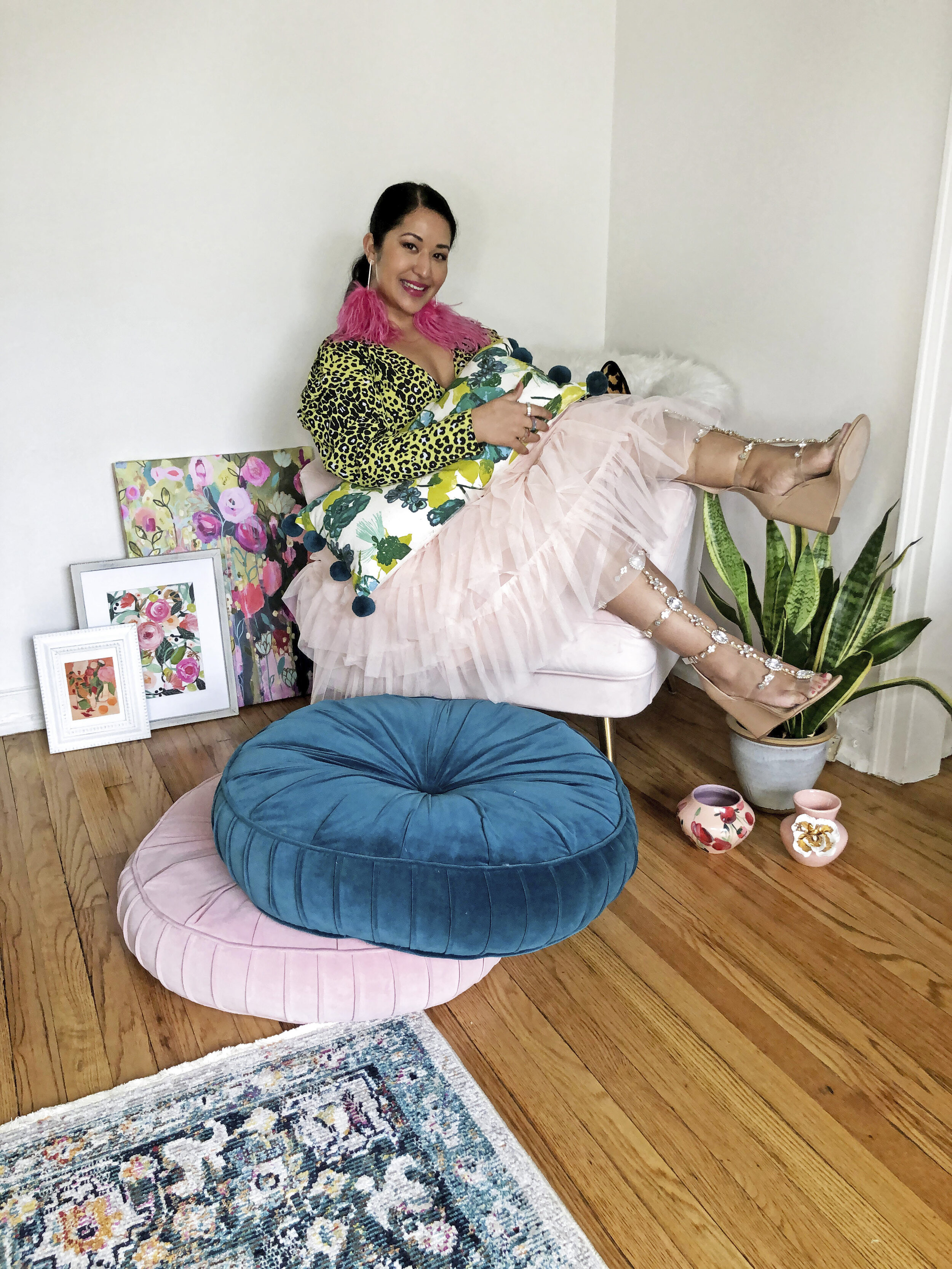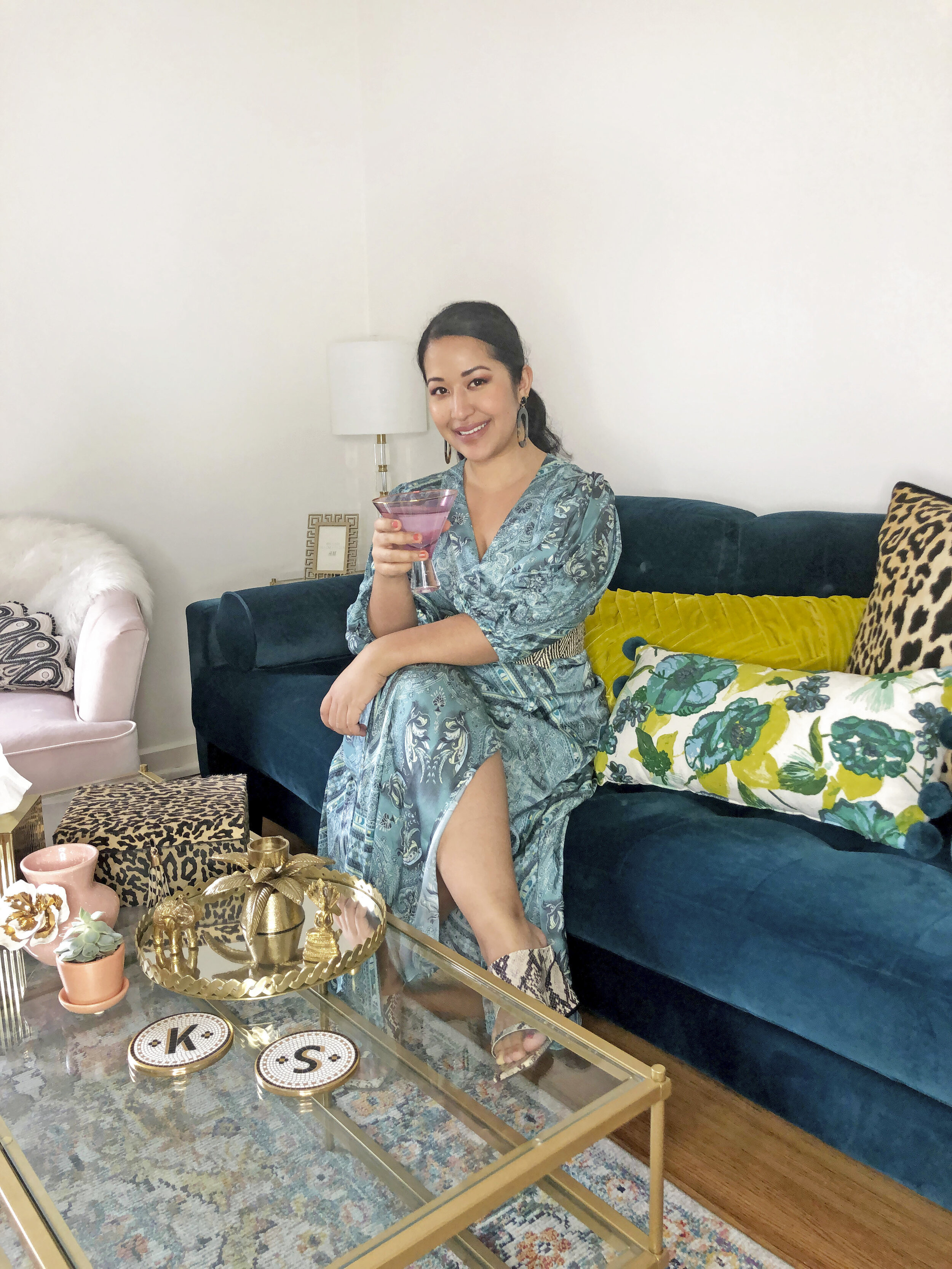Part 1: What you need to know before looking for an apartment
If you asked me five years ago if I was planning to purchase an apartment in New York, I would have laughed in your face. The idea always seemed so unattainable and only for the “rich”. But a few years ago, I began thinking about what it would be like. New York has always felt like home to me and I wanted to make it official. Trust me, I am not rich and I am here to tell you that it is possible!
There are several reasons I wanted to purchase an apartment in New York. Them being:
I knew it would be a good investment (in 10 years, the apartment I purchased had doubled in value)
Ultimately it would be cheaper than paying rent every month. Yes, paying a mortgage with maintenance can be cheaper than paying rent! Crazy right?
I knew I wasn’t planning on moving out of New York anytime soon.
I knew I wanted an apartment BUT I did not know where to begin, especially because this was my first home purchase ever. It was very overwhelming! I had so many questions like “So what does it take to own an apartment?, what should I know about before looking?, what is a good interest rate for a loan? where do I even get a loan?”. Let’s just say that I learned a lot in this process and did a lot of googling.
In this blog post I’m going to be 100% honest and share all the things I wish I knew before purchasing a co-op apartment in New York. I am hoping that this can be a good guide for you whether you are considering the idea of purchasing a co-op in New York OR if you are in the process of buying.

First things first, here is a list of things you need to know before even beginning your search.
1.Figure out where you want to live
You need to know what area you want to live in. What borough in New York and even within that, the exact neighborhood. You can look in a couple of areas, but the more specific you are, the easier your search will be.
Once you have narrowed down the neighborhood, casually take a look on Streeteasy and check out the price range. This will give you a realistic idea about what neighborhoods are in your price range. Also, keep an eye out for maintenance fees (this is a monthly fee that covers operating expenses, property taxes, etc. that will be needed to pay on top of a mortgage) and the percent you need to put down. In New York, most apartment purchases require a down payment of 10%- 30% (most being 20%).
Just as an overview idea, I have created a table below to show how much a down payment would be for the following prices.
2. Get to know your credit score
If you are considering getting a loan, your credit score is pretty important. Also, collect the value of all of your other assets (401k, Roth IRA, stocks, etc.). When applying for a mortgage, this total sum of your worth matters and is required to give. So do the pre-work and have this information ready.
3. Take a look at your savings and liquid funds & save funds for a down payment
Do you have enough for a down payment? How much more do you need for the payment? Will you have the extra funds needed within the next 3-6 months for closing? One thing I learned was that you don’t need to be 100% there at the time of getting a pre-approval. But you do need to be about 90% there. I spent a lot of time-saving every penny to be able to make my down payment goal. It’s not easy but you get used to asking yourself “do I need this?” and saying no.
You must have liquid cash! What does this mean? The money that you put as a down payment (most likely 20% of the value) must be liquid at the time when you put the offer in. I always thought that it was better to have your savings in a 401k or Roth account. Well, when you are looking to purchase a home, it is equally as important to have liquid funds. However, you can withdraw from your retirement accounts by paying a penalty fee.


4. Find a realtor
This one is super important! If you don’t have a good realtor, your experience will not go well. This person has to understand what you are looking for, have patience, know about the areas you are interested in, be honest, and reliable. I found my realtor through Streeteasy. You can find realtors through word of mouth, Streeteasy, Zillow, or other listing sites. Throughout my apartment search, I saw my realtor more often than I saw my friends. Your realtor should also have a good relationship with others in the industry and be able to give you recommendations on lawyers, mortgage advisors, contractors. You will need to hire other professionals in this process so references will be helpful. It is not necessary to go through their recommendation but it is a nice place to start when researching.
5. Get pre-approved for a home loan
Every realtor you speak with will ask you this question- “are you pre-approved?”. This is something you must-do if you are looking to get a mortgage from a bank. If you are not pre-approved, you will need to work on getting approved first before moving forward. If you are approved, your apartment hunt can continue and you will have a better idea of your financial capabilities. Most lenders can only lock in a rate for 90 days (some can for 120 days). This means you will have to close on a property before the rate expires. For many people that is not enough time to find a home you love. This is perfectly okay! Getting pre-approved does not mean that you are locking a rate in- it is more to know how much you can borrow from a lender. However, you may need to do another pre-approval/ credit check once you find a property after the date expires.
You will need the following information to get pre-approved
Assets information
DTI- debt to income ratio percentage of gross monthly income that goes toward debt payments, including credit cards, student loans, and car loans. Banks prefer the rate to be below 36%. See a calculator here to calculate your DTI. The lender will calculate this as well.
Credit score- most lenders will do a credit check. You have a 30-day window to get several credit checks without it hurting your credit score.
SHOP AROUND for the best mortgage rate- the biggest thing I learned! During these 30 days, shop around with several different lenders to get the lowest interest rate! You can even tell lenders what your best rate has been to see if they can match it.

6. Build a solid budget for a home
So how much money should you save up/ have saved up to own a co-op in New York?
Honestly, a lot but remember you are investing. This chart shows a rough financial idea of how much a down payment can be. A better estimate can be provided on the property listing once you put in your interest rate.
This can range based on the co-op itself. Note that the chart only goes to $999k (under 1 million). In NYC, there is a million-dollar mansion tax (a one-time sales tax on home sales of $1 million or more in New York state).
7. View apartments
Now to the actual search! I would begin by looking online on websites like Streeteasy and Zillow. If you see a property you like, save it and send it to your realtor. He/ or she can reach out to the realtor of that property and schedule a viewing. I highly recommend going it through it this way instead of messaging the listing directly. It will prevent any confusion and you will be taken more seriously. I recommend going to open houses during the weekends and see as many properties as you can. The more you see apartments in person, the better idea you will have of what you like and do not.
Check back for part II of this post!
Thank you for reading!!






